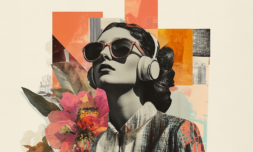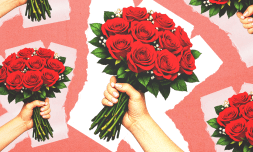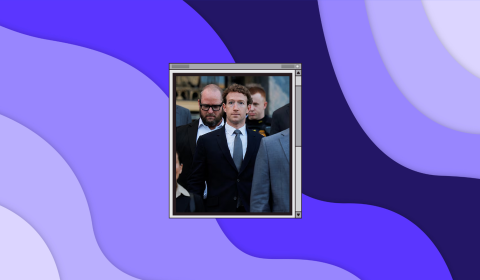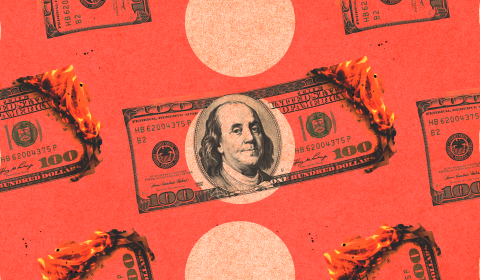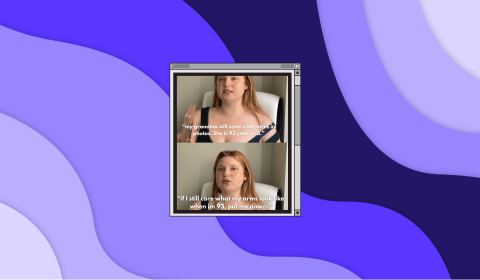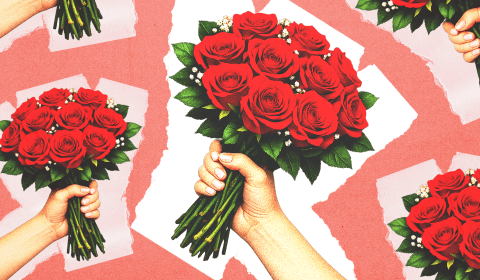Gen Z are changing the fragrance industry
![]()
Welcome to the latest edition of The Gen Zer. This week we discuss how Gen Z are changing the fragrance industry. (Smells like teen spirit, anyone?) We also take a look at how bars are trying to entice Gen Z out, a few things Zers have been rediscovering, and why young people feel so guilty about leaving their desks.
Does Gen Z smell better?
We aren’t just buying more, either. Over the past decade, the average price of a bottle of eau de parfum has doubled, and luxury fragrances have become ever more mainstream. Scents like YSL’s Black Opium or Marc Jacobs Perfect have become incredibly popular amongst the younger generations for a whole number of reasons (helped along by an ever-increasing number of influencers); in total, the perfume sector is expected to grow to €42.4 billion in 2025. Some see this as another sign of Gen Z’s money dysmorphia, particularly amid a cost of living crisis, although what’s interesting is the changing relationship that Gen Z have with fragrance.
For hundreds (if not thousands) of years, fragrance and perfumes have been viewed as a way of boosting your attractiveness. In the heavily-perfumed court of King Louis XIV, cologne was a status symbol and a luxury restricted to the royalty and the nobility. In ancient Rome, Emperor Nero had silver pipes installed so that he could spritz his guests with rosewater.
For Gen Z, however, fragrance is less about how it makes others view you, and more about how you view yourself. Some people see a particular scent almost as part of their identity, the way you might identify with a favourite hoodie or a certain piece of jewellery. Fragrance is also increasingly viewed as a mood booster, a way to calm anxiety, to express yourself, to make yourself feel good at the start of the day. For many Zers, it’s a form of escape.
In 2024, the wellness and beauty market is expected to reach over $670 billion—an annual growth of 9%. Fragrance is a substantial part of this, but it’s interesting that it seems to be moving away from the ‘beauty’ side of things more towards the ‘wellness’ side instead. It was a change that was catalysed by covid and the subsequent mental health pandemic amongst young people. During and after the lockdown years, wellness became much more of a focus — we’re drinking less, taking up running clubs, eating more consciously — and fragrance is a part of this, albeit a less obvious one. (Home fragrances are taking off, too, as wellness becomes more holistic and more of a lifestyle.)
@chanel.beauty N°5, the film starring Margot Robbie. N°5 IS THE ANSWER @Daft Punk #CHANELBeauty #CHANELFragrance #N5 #MargotRobbie #JacobElordi #BeautyTok ♬ original sound – chanel.beauty
What’s also changing is the way that perfume and gender interact. Annual spending on fragrance by male teens apparently increased by 26% in just one year, and a similar trend can be seen with older Gen Z men, too. The types of scents they’re buying are changing too, pushed by various TikTok trends, like #PerfumeTok and #Smellmaxxing, with a greater demand for unisex fragrances.
So, what’s behind the booming fragrance market? TikTok is partly responsible, as you might expect, with the platform being the second-highest influence on Gen Z’s fragrance purchasing decisions. It’s not just influencers working on a brand deal, either. Perfume companies themselves are taking to the platform to create a narrative around their scents, and showing off the story behind the ingredients, too. Given the prices many of these perfumes are going for, the narrative is perhaps a necessary one — an explanation for why such a small bottle can be so expensive.
For these designer brands, a renewed focus on fragrance is becoming an essential way of surviving a turbulent luxury market. Amidst an industry downturn, the fragrance sector is one thing defying the odds, partly because many Gen Zers view even luxury fragrance as an essential, whereas luxury clothes or jewellery or handbags are still just luxuries (i.e. the first things to go in a cost of living crisis).
Selling perfume is also a good way to capture future customers at an earlier stage. Many Zers wouldn’t be able to drop $2,000 on a handbag, but $150 on a scent is an expense they could theoretically afford. For the Zer in question, they get to aspire to a more ‘luxurious’ lifestyle, whilst for the brand, they can begin building brand loyalty at an earlier stage. If the young consumer keeps wearing that scent over the years, they’ll presumably be more likely to shop from that brand when they’re older and wealthier — and can afford the handbags.










